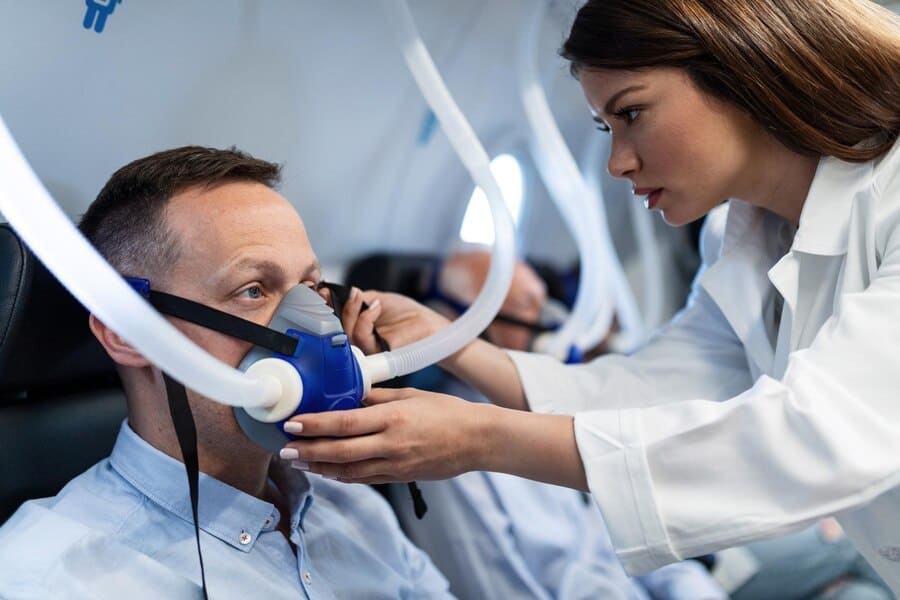Recent Services
- Otology
- Cochlear and Hearing implants
- Nose and Sinus (Rhinology)
- Voice and Throat (Laryngology)
- Dizziness and Vertigo (Neuro-otology)
- Children (Paediatric) ENT
- Snoring and sleep-apnea
- Head and neck cancer
- Thyroid swelling
- Head neck swelling
- Nasal Allergy- Allergin rhinitis
- Difficulty in swallowing
- Difficulty in breathing

Voice and throat disorders can greatly affect communication and quality of life, including issues like hoarseness, vocal cord nodules, and persistent throat pain. These conditions might stem from laryngitis, vocal strain, or acid reflux, requiring thorough evaluation for accurate diagnosis. We utilize advanced techniques like laryngoscopy to examine the vocal cords and throat, identifying underlying problems with precision. Our treatment approach is customized to each patient’s needs, offering solutions ranging from voice therapy and lifestyle adjustments to surgical interventions. We aim to restore optimal vocal function and alleviate symptoms, ensuring comprehensive care that improves both vocal health and overall well-being.





